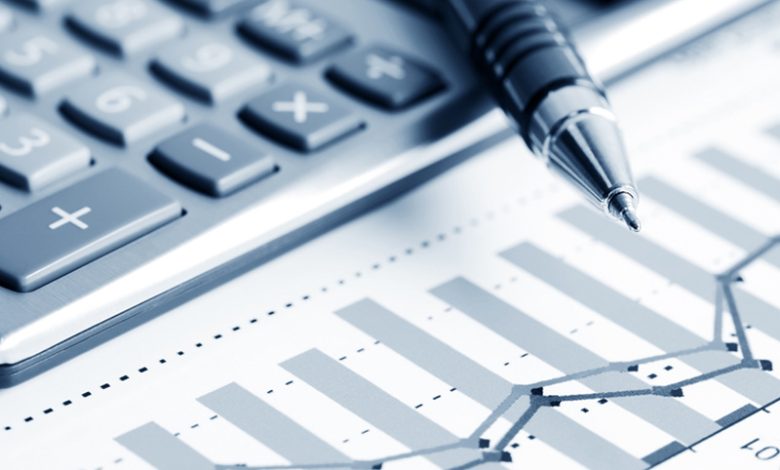
Japan Unveils $113 Billion Package to Mitigate Inflation, Reports Reuters
By Leika Kihara and Yoshifumi Takemoto
TOKYO – Japan’s government on Thursday unveiled an economic relief package aimed at mitigating the impact of inflation, involving expenditures exceeding 17 trillion yen (approximately $113 billion). This decision raises concerns about further straining the nation’s already precarious financial situation.
To finance part of this package, the government will create a supplementary budget of 13.1 trillion yen for the current fiscal year, as confirmed by the cabinet’s approval. When factoring in local government spending and state-backed loans, the total size of the package will reach approximately 21.8 trillion yen.
Prime Minister Fumio Kishida emphasized that Japan’s economy is presented with a significant opportunity to transition to a new stage for the first time in three decades, moving away from a deflationary trend. He remarked that it is essential to assist companies in enhancing profitability and increasing revenues to raise wages.
The relief measures will include temporary reductions in income and residential taxes, cash payments to low-income households, and subsidies aimed at alleviating rising gasoline and utility costs. Government estimates suggest that the collective impact of these spending initiatives could lead to a 1.2% average increase in Japan’s gross domestic product (GDP) over the next three years.
The subsidies on gasoline and utilities are projected to reduce overall consumer inflation by approximately 1.0 percentage point during the period from January to April of the following year. However, inflation has remained above the central bank’s 2% target for over a year, primarily due to rising raw material costs, affecting consumer spending and overshadowing the economic recovery from the aftermath of COVID-19.
The rising cost of living has been linked to a decline in Kishida’s approval ratings, intensifying pressure on the prime minister to implement measures that alleviate financial burdens on households. However, analysts express skepticism regarding the effectiveness of the 5 trillion yen allocated for tax cuts and assistance, questioning its potential to significantly boost consumption and overall economic growth.
Takahide Kiuchi, a former board member of the Bank of Japan and current economist at Nomura Research Institute, anticipates that the measures may only result in a 0.19% GDP increase for the year, describing the policy as not particularly cost-effective and suggesting that a stimulus package may not be necessary given the economic conditions.
The package also comprises initiatives to strengthen supply chains and key technologies, including tax incentives for businesses investing in strategically vital areas. However, this expenditure may compel the government to issue additional bonds, thereby exacerbating Japan’s already substantial public debt, which stands at twice the size of its economy—the highest among major economies.
According to a Reuters poll, Japan’s economy is likely to have contracted in the third quarter, following robust growth in the April-June period. The effects of rising inflation and a slowdown in China are impacting both consumption and exports, and the decline in real wages observed in July raises further concerns about the central bank’s projections regarding sustained domestic demand and recovery.
 GOOGL
GOOGL  META
META 


